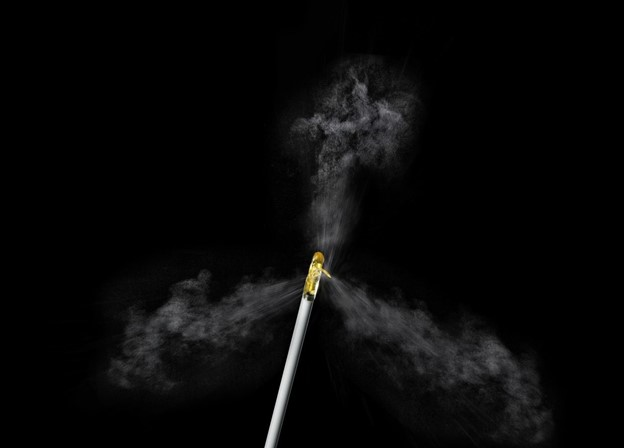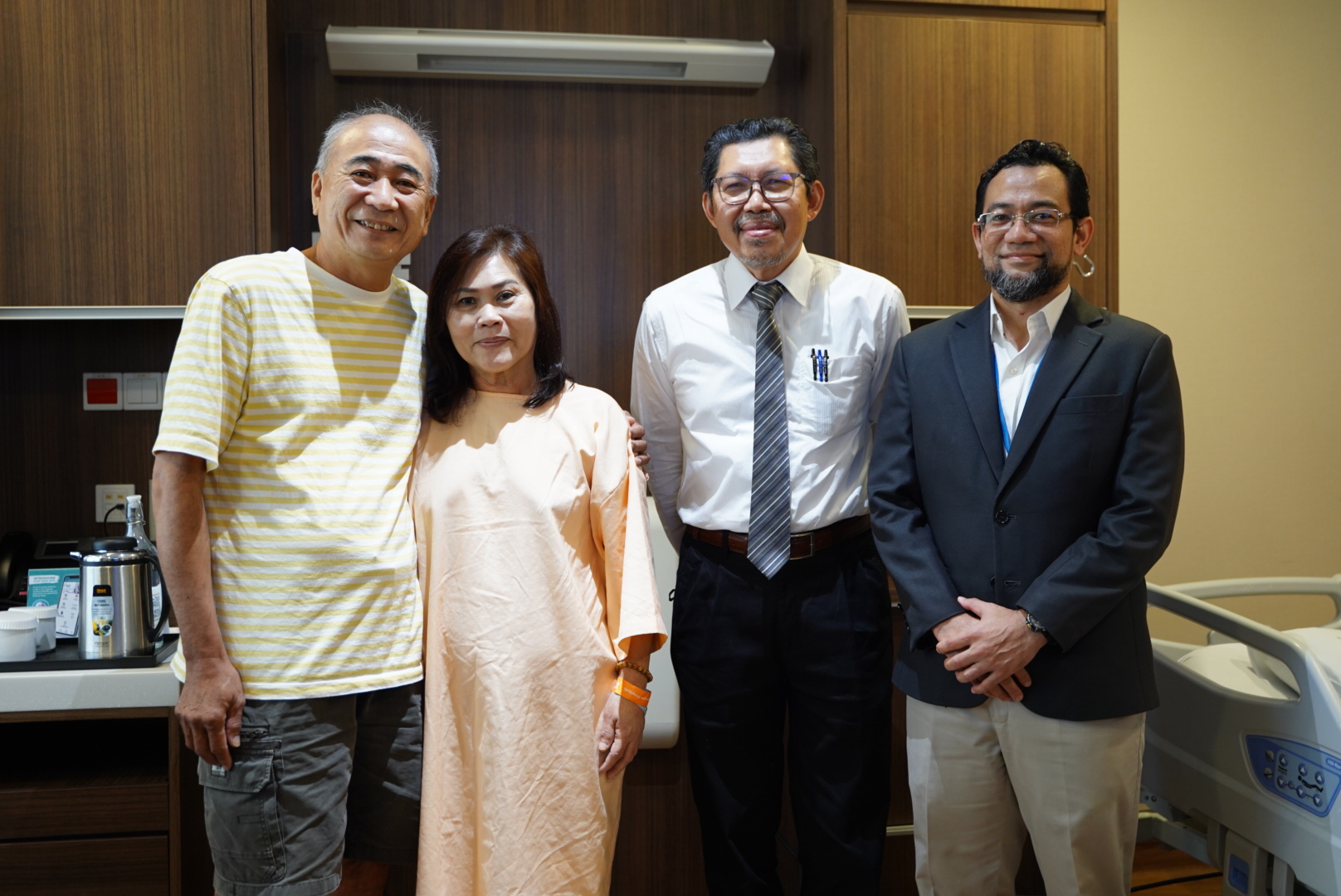Prepared By Dr. John Tharakan
Consultant Neurologist,
Gleneagles Medini Hospital
1. What is the common cause of chorea in women aged 40 and above?
Chorea is a symptom and not a specific disease, in the same way a fever can happen for many different reasons. In most forms of chorea, there is an excess of dopamine, the main neurotransmitter in the basal ganglia, leading to abnormal excessive movements.
Some of the common causes of chorea are:
- Having been afflicted with Sydenham chorea in childhood increases the likelihood of chorea in women later in life
- Genetically determined conditions like Huntington’s disease
- Pregnancy, causing a condition called chorea gravidarum that occurs during the first three months of pregnancy but disappears without treatment shortly after women give birth
- In rare cases, use of oral contraceptives
- Lupus (systemic lupus erythematosus)
- Overactivity of the thyroid gland (hyperthyroidism)
- High blood sugar level (hyperglycaemia)
- A tumour or stroke affecting a part of the basal ganglia called the caudate nucleus
- Use of certain drugs such as levodopa, phenytoin, and cocaine
- Senile chorea, which happens in older people for no apparent reason
2. What are the common symptoms of chorea?
Chorea is a series of involuntary movements characterised by random, brief, and non-rhythmic jerking motions, typically involving the hands, feet, and face. Patients with chorea will sometimes become clumsy or drop objects repeatedly, and chorea can lead
to frequent falls when it also affects walking. The movements may merge imperceptibly into purposeful or semi-purposeful acts, sometimes making chorea difficult to identify. The jerky movements worsen with anxiety and disappear in sleep. If any of
these symptoms develop, one should consult a neurology specialist.
3. What happens in severe cases?
In severe cases of chorea, involuntary movements may occasionally appear as violent flinging of the limbs that results in the patient uncontrollably flailing about. Such actions are known as ballistic movements, and is referred to as ballism or choreoballism.
The condition can be severely debilitating and could even lead to injury.
4. What are the treatments of chorea? How can chorea be treated?
Chorea is diagnosed clinically, meaning that it is based on the examination of an experienced physician. The clinical evaluation includes a detailed history of other medical problems, prior surgeries, previous infections, exposure to medications and toxins
(including alcohol and illegal drugs), and a family background of diseases. Once the clinical diagnosis of chorea is made, additional tests will be ordered to identify the underlying cause. This usually include blood tests as well as imaging studies
of the brain like magnetic resonance imaging (MRI), with more specialised tests sometimes alongside. Determining the cause of the chorea can occasionally be challenging even for movement disorder specialists, and in some patients, the cause may not
be identified at all. There is currently no objective text that differentiates chorea from other types of involuntary movements.
Once the underlying cause is determined however, the corresponding treatment follows. This may include discontinuing a medication, correcting a metabolic abnormality, or medically treating an autoimmune, infectious, rheumatologic, or endocrinological
cause of chorea.
In some cases, in which the chorea is due to prior damage to the brain or an ongoing degenerative process, there may not be a treatment available to influence the underlying disease. The choreaic movements themselves can be treated with suppressant medication.
In very specific cases, neurosurgical procedures can sometimes be considered.


6fddc7d0-20f4-4624-b0a2-4e1017fc3b63.jpg?sfvrsn=404d305_6)





